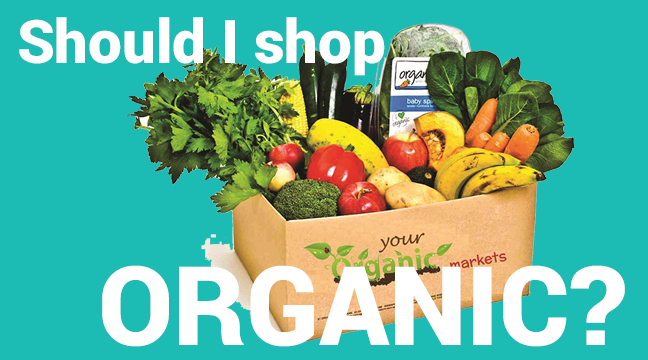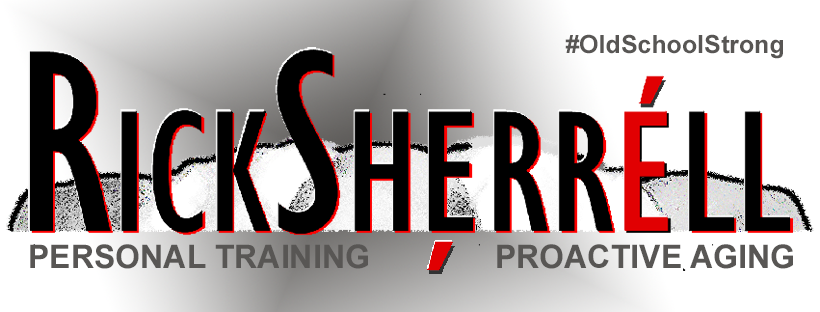
Organic foods are often marketed as the healthier, cleaner choice, but are they really worth the extra cost? Let’s break it down so you can make an informed decision based on facts, not marketing hype.
What Does “Organic” Actually Mean?
The USDA Organic label means the food is grown without synthetic pesticides, genetically modified organisms (GMOs), antibiotics, or artificial hormones. Organic farming also emphasizes soil health, animal welfare, and sustainability. But does that make it healthier?
Is Organic Food More Nutritious?
- Minimal Nutritional Difference: Research shows organic and non-organic foods have similar levels of vitamins and minerals. The real difference lies in fewer pesticide residues and more beneficial plant compounds (antioxidants) in some organic produce.
- Better Fat Profile in Meat & Dairy: Organic meat and dairy products often have higher levels of omega-3 fatty acids, thanks to grass-fed diets.
- No Synthetic Additives: Organic processed foods must use natural preservatives, avoiding artificial colors and flavors found in conventional options.
Are Organic Foods Safer?
- Fewer Pesticide Residues – While conventional produce is tested for safety, organic foods have lower pesticide exposure overall.
- No Antibiotic Overuse – Organic meat and dairy come from animals raised without routine antibiotics, reducing the risk of antibiotic-resistant bacteria.
However, organic doesn’t mean pesticide-free—it just means the pesticides used must be derived from natural sources.
Is It Worth Paying More?
💰 Organic foods cost more because of stricter regulations, labor-intensive farming, and lower crop yields. Whether it’s worth it depends on your priorities and budget:
- Buy Organic When It Matters Most: The “Dirty Dozen” list (strawberries, spinach, apples, etc.) has the highest pesticide residues. Prioritize organic for these.
- Save Money on Low-Risk Foods: The “Clean Fifteen” (avocados, onions, pineapples, etc.) have minimal pesticide exposure, so buying conventional is usually fine.
- Choose Organic Meat & Dairy If Possible: To avoid antibiotics and added hormones, organic may be a better choice for animal products.
Bottom Line: Should You Go Organic?
Going organic can reduce pesticide exposure and support sustainable farming, but it’s not a necessity for good health. If budget is a concern, focus on whole, minimally processed foods—organic or not—because a diet full of lean protein, healthy fats, and lots of veggies is always the best investment.
PEACE.
Rick
What do you think? Do you buy organic or stick with conventional? Drop a comment and let’s talk!
